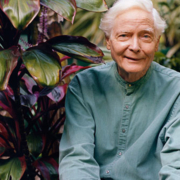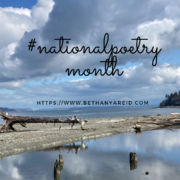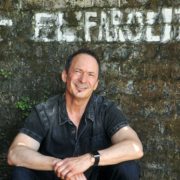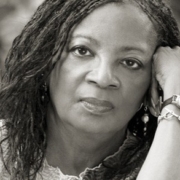John Freeman’s Wind, Trees
WIND, TREES, John Freeman. Copper Canyon Press, Post Office Box 271, Port Townsend, Washington 98368, 2022, 79 pages, $17 paper, www.coppercanyongpress.org.
I find I am rather late to the party, in terms of appreciating John Freeman. His bio notes include… well, so much  (follow the links to see), and Dave Eggers called him, in a Los Angeles Times review, “one of the preeminent book people of our time.” Freeman’s previous books of poetry are Maps (2017) and The Park (2020). I found traces of him all over the web, and you’ll find a couple more links at the bottom of this post.
(follow the links to see), and Dave Eggers called him, in a Los Angeles Times review, “one of the preeminent book people of our time.” Freeman’s previous books of poetry are Maps (2017) and The Park (2020). I found traces of him all over the web, and you’ll find a couple more links at the bottom of this post.
But my goal here is to write about Freeman’s exquisite third book of poems, Wind, Trees, and perhaps tempt you to take a look for yourself.
This short poem I include simply because it blew my mind (and I have a thing for pianos). It is in the wind section of the poems, by the way, and it beautifully chimes with the book’s epigraph from Jack Gilbert: “We are a shape the wind makes in these leaves / as it passes through. We are not the wood / any more than the fire, but the heat which is a marriage / between the two.” This one short poem shows how Freeman has married the book’s two themes together, subtly and not so subtly, everything interconnected:
Piano
Who thought to thread
wire through the belly
of a tree, dress its grin with
ivory? Recline it on
its side like a body. Toes to
touch, see. Brilliant blanc,
gold as honey, black as
night lake, it’s always wet.
We’re all water poured into
form. The mystery
of our making, made in every
thing we make, even
if we have to learn how to play.—John Freeman
Freeman is stingy with punctuation (not in “Piano,” but elsewhere); despite the paucity of periods and commas, the poems have a clarity to them that sings. Even more so, the images in the poems carry us over any difficulty, as in this opening to “Perigee”: “On nights when the moon / is like a hand on my cheek…” Another strong thread here is the science, or what we might call climate science (which Freeman writes about in his prose books). In “Wind”: “Now we know wind is a gap / in atmospheric pressure / gases flowing from high to low / so leaves turn up their tips / umbrellas bend back and roofs / rip off maybe a small cross breeze / blows sweat off our burning bodies….” I highly recommend his poem “The Trees of City Hall” where science and history entwine.
Maybe I should elaborate about the prose books, which include Tales of Two Americas, an anthology about income inequality in America, and Tales of Two Planets, an anthology of new writing about inequality and the climate crisis globally. They tip us off to Freeman’s obsessions.
Here is one more poem, this one diving into etymology of the oud, which (I have now learned) is a lute-like instrument played primarily in Arab countries. Again, music. As he does in many of his poems, Freeman braids his Oud with other themes, and the poem emerges as a love poem.
Singing
In Arabic it means wood, and in its cousin
Syriac, burning wood. Cognate to od, as in
the old Hebrew, stick used to stir wood
in a fire. Some days it burns, on others
it simply is, and on occasion it stirs what’s
there. Today from the bedroom the oud’s sound
wakes me and the body inside my body turns over,
the one that remembers not being yours, merely
a visitor, I’d never heard Wadih el-Safi sing
his mawals, a longing unashamed. I’d find you
in the kitchen cooking your father’s food,
air smoky and fragrant, sharpened by
lament. I’d never imagine how cinder-lined
were your days, how little of what was
remained, I’d grown up in a country of
thin wood, pale sky, dateless palms, but you
welcomed me anyway, and as Wadih el-Safi
belted out his psalms, you did me
the kindness of promising me this wasn’t
practice for what time would bring.—John Freeman
One delight is how he has worked in “palms” and “psalms” only a few lines apart from one another.
I found a poem at Lit Hub (one of my favorite literary sites): https://lithub.com/without-a-poem-by-john-freeman/, and here is John Freeman reading a poem “Among the Trees” at https://www.newyorker.com/magazine/2022/09/26/among-the-trees.












Leave a Reply
Want to join the discussion?Feel free to contribute!